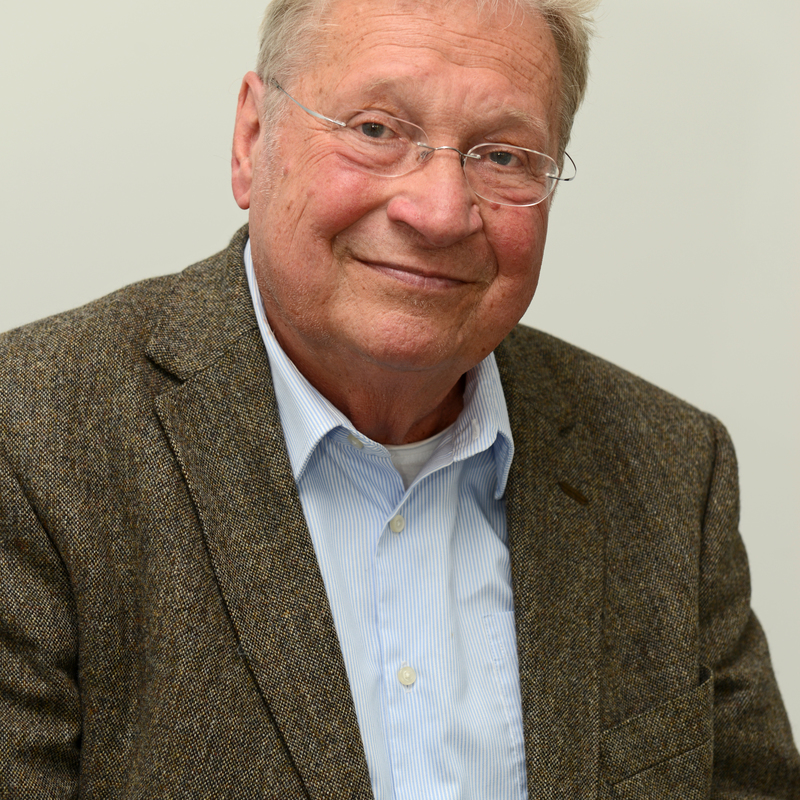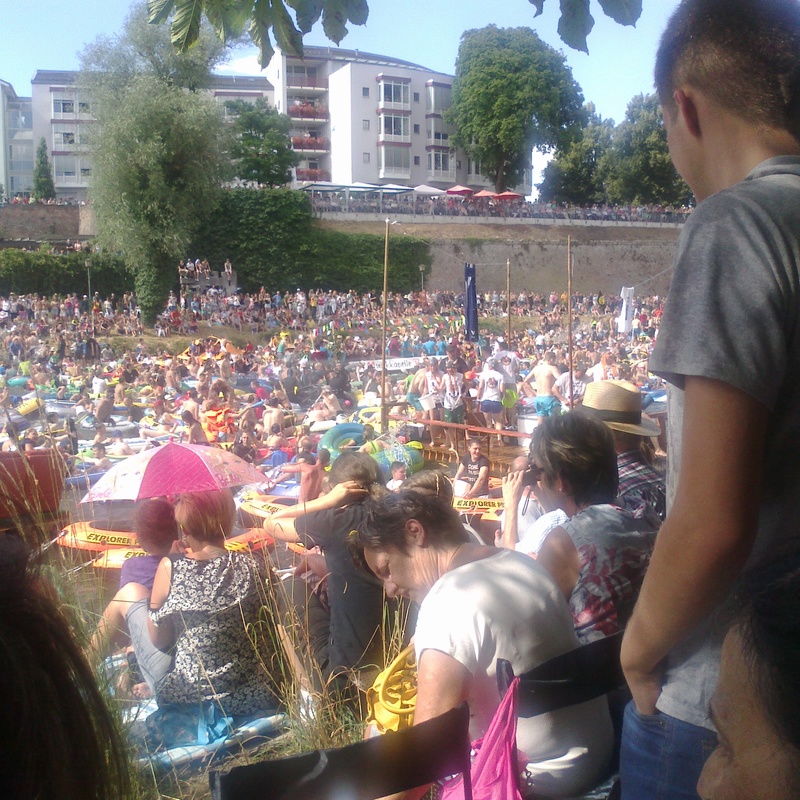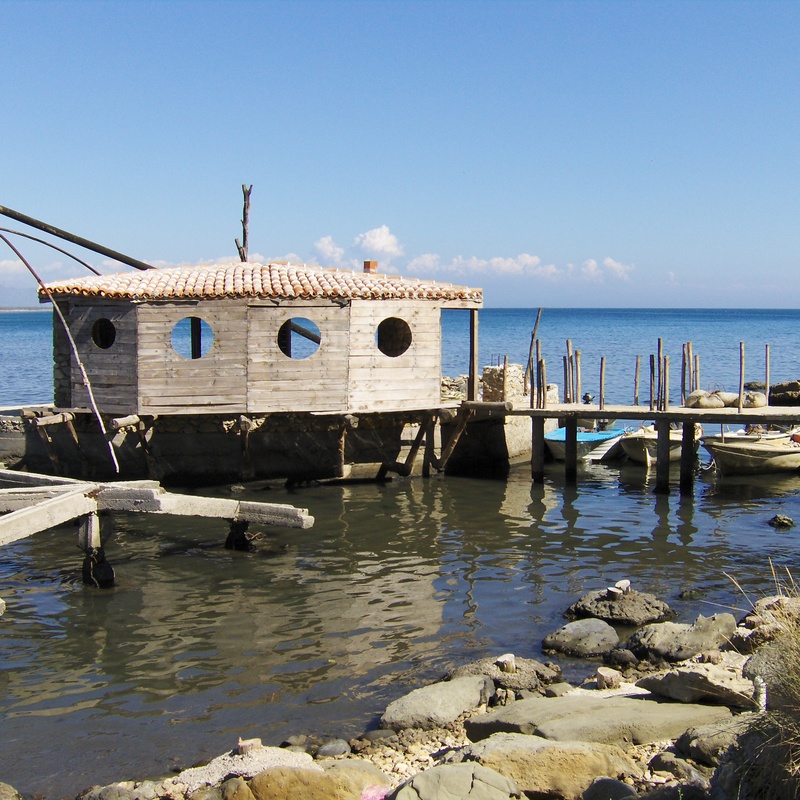Search
Derivation of a Shortened Research Instrument for Measuring Alcohol and Other Drug (AOD) Attitudes in a Screening, Brief Intervention, and Referral to Treatment (SBIRT) Training Program
DOI: 10.17160/josha.4.2.290
The Alcohol and Alcohol Problems Perception Questionnaire (AAPPQ) is a survey for evaluating the attitudes of clinicians towards patients with alcohol use disorders. A locally-developed research instrument for a Screening, Brief Intervention, and Referral to Treatment (SBIRT) training program, the Survey of Attitudes and Perceptions, incorporates the AAPPQ to measure changes in the attitudes of healthcare professionals pre- and post-training. To ease the burden of the research instrument, a derivation study was undertaken using Principal Component Analysis (PCA) to derive fewer statements from each factor of the AAPPQ. The original 30-statement AAPPQ was reduced to 13 statements, representing the six factors of the AAPPQ and showing qualities of coherence, non-redundancy, and reliability. The 13 corresponding Drug and Drug Problems Perceptions Questionnaire were also included in the revised SAP instrument.
Commercial Agents (Council Directive) Regulations 1993: English and Scottish commercial courts interpretations of the law reflect reality
DOI: 10.17160/josha.4.2.289
This article seeks to analyse whether the ways Commercial Agents (Council Directive) Regulations 1993 have been interpreted prove that English and Scottish commercial courts understand commercial law as a mirror to the changing nature of commercial practices. This article is divided into two parts. The first part will examine those main confusions that arise from the Regulation. Furthermore, the article will discuss whether the English and Scottish commercial courts have clarified their scope of application and ensure their efficiency in protecting commercial agents by their interpretation of the regulations.
The Growth of Pharmaceutical Business in Borno State, Nigeria, 1976-1999
DOI: 10.17160/josha.4.2.286
Pharmaceuticals, especially drug distribution, are so priceless that no nation can survive without them. This business has virtually touched the lives of people in so many ways. This work focuses on pharmaceutical business in Maiduguri, Borno State of Nigeria from 1976 to 1999. Primary and secondary sources generated from interviews and documentary data from libraries and other centers formed the bedrock of the data used herein. The primary sources included: interviews with present pharmaceutical operators, random sample interviews with wholesalers, retailers, peddlers, pharmacists, and individuals of the Borno State Ministry of Health, NAFDAC officials as well as some of the oldest operators of pharmaceutical stores in Borno State.
The Role of Community-Based Agricultural and Rural Development Programme in Poverty Reduction in Bursari Local Government Area of Yobe State, Nigeria: 2005-2009
DOI: 10.17160/josha.4.2.285
The Community Base Agricultural and Rural Development Programme (CBARDP) in conjunction with International Fund for Agricultural Development (IFAD subsequently referred as CBARDP/IFAD) is an important poverty reduction programme. The programme contributed to the improvement of the lives of the people, particularly the vulnerable in poor rural participating areas, which also helped in the prevention of degradation of the environment. This study examines the role of the programme in poverty reduction in the participating communities of Guba, Kaliyari, and Kurnawa in Bursari Local Government Area of Yobe State, Nigeria from 2005–2009. In doing so, examination of relevant materials and conduction of interviews with some of the beneficiaries of the scheme and staff of the programme formed the sources of data used in analysing the impact of the programme.
JOSHA Editorial Volume 4 Issue 1
DOI: 10.17160/josha.4.1.275
With this editorial, we are closing the first issue of 2017. Even though this issue brings many outstanding contributions to our journal, we also lost one of our beloved colleagues. Professor Günter Hager passed away, being our last two articles dedicated to him. On the other hand, we are proud to have started this issue with the contribution of the Nobel Laureate Prof. Erwin Neher, who shared his discovery of ion channels and their role in Pharmacology and Biomedicine. Moreover, this issue also counted with another contribution by Dr. Bujar Bajçinovci showing the architectural reflection on Italo Calvino's ‘Invisible Cities.’ Other highlights were the publication of Zazie-Charlotte Pfeiffer's first short story, ‘Prom Night,’ and Stephan Seiler's first of eight stories by Gottfried Schramm called ‘Missed Encounters.’ Prof. Fereshteh Ahmadi published her review on the ethnic identity of Iranian immigrants from a macro-sociological perspective.
Günter Hager 1943-2017
DOI: 10.17160/josha.4.1.272
On 19 February 2017, Prof. Dr. Günter Hager, member of the JOSHA Editorial Board for the Section "Philosophy, Ethics and Law", died at the age of 73 years. He contributed decisively to the success of JOSHA in the conception of our journal, the content design, and development, as well as his own important contributions. Until his retirement in 2011, he was a professor of civil law with a focus on International Private Law. After his retirement, Günter Hager increasingly dealt with questions of ethics and the environment and nature conservation, publishing many of his great works in JOSHA. With him, we lost not only a great legal scholar and an important editor of JOSHA but also a wonderful friend who was broadly interested in literature and music and whose narratives were, as it were, creative, humorous, and linguistically refined. One of his favorite aphorisms from his inexhaustible fund of quotations was "What is to be dismissed this minute, no eternity will return.
Enough. Concerning me. - Summer School 2017 in Wittenberg
DOI: 10.17160/josha.4.1.271
Enough. Concerning me. Different facets of one statement – encouraging and setting limits at the same ime. We want to arouse curiosity, stimulate new approaches and think out the future. At the Summer School 2017 in Wittenberg, in the middle of the Reformation anniversary, we want to broaden our horizons and get personal: letting ourselves be concerned. On over 100 pages we have collected details on the seminars, workshops and events for you. They focus on the general topic – and are interdisciplinary, outward-looking and interreligious. You can see it from the structure of this booklet: just as the German and English appear side by side, in the Reformation Summer many educational experts will complement and challenge one another with international perspectives in over 30 seminars. Their individual styles are represented in the seminar descriptions. The general topic arose from some hard thinking by undergraduates and doctoral students exactly a year ago.
Ethnic Identity from a Macro-Sociological Perspective: Second-generation Iranian “immigrants”
DOI: 10.17160/josha.4.1.266
A feeling of chosenness can result in isolation from other nations and ethnic groups. As it seems, such a feeling of ethnic chosenness may have led to a tendency toward ethnocentrism and in some extreme cases, towards racism found among some Iranians (30%-40% according to the world value survey). Such an ethnocentrism may have negative effects on the identity construction of young people, particularly those outside Iran. In the present article, based on studies conducted among Iranian-Swedish and Iranian-American young people, I will try to shed light on this problem. Key words: Racism, Iranians, Second-generation “immigrants”, Ethnocentrism, National identity, Ethnic identity
Short Stories Series: "Prom Night"
DOI: 10.17160/josha.4.1.265
This article is the first of a series of short stories by the young author Zazie-Charlotte Pfeiffer, who received the "Jean-Paul" Award in 2013 and the "Tom Sawyer" Award in 2012 for her work. SUMMARY: Marco has always been a dreamer and the creator of his own little world. Tonight he is dreaming and reflecting about past and future, lets his gazes fly over a sleeping city and searches for roots that he didn’t even know he lost. A glimpse of future possibilities, a moment of breath in silence and the reflections of a stranger on his own life. INSTITUTION: Albert-Ludwigs-University Freiburg im Breisgau, Germany.
Complexity of Iterative Model - Architectural Integrated Design as an Evolutive Transdisciplinary Strategy. Case Study: A City Without a River
DOI: 10.17160/josha.4.1.264
Contemporary challenges should encourage new explorations in order to administer new urban solutions; thus, assuring better and higher quality of life. The meaning of transdisciplinary design consists of different professions closely related to the architectural design targeting for better and qualitative design solutions, which with new findings exceed the conventional and traditional disciplinary barriers. This study investigated the downtown of Prishtina city focussing on urban design issues, pollution, ecology, and sustainable urban design. The research method consists of empirical observation through wide centre zone with an accent to the urban water management plan as a contemporary reflection to the past decisions of Prishtina municipality.

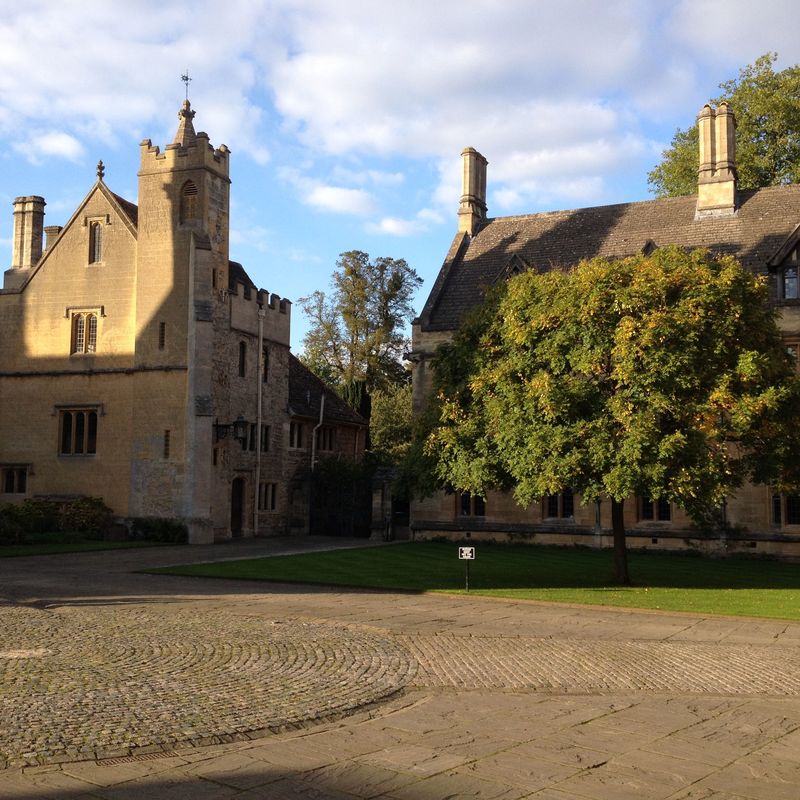
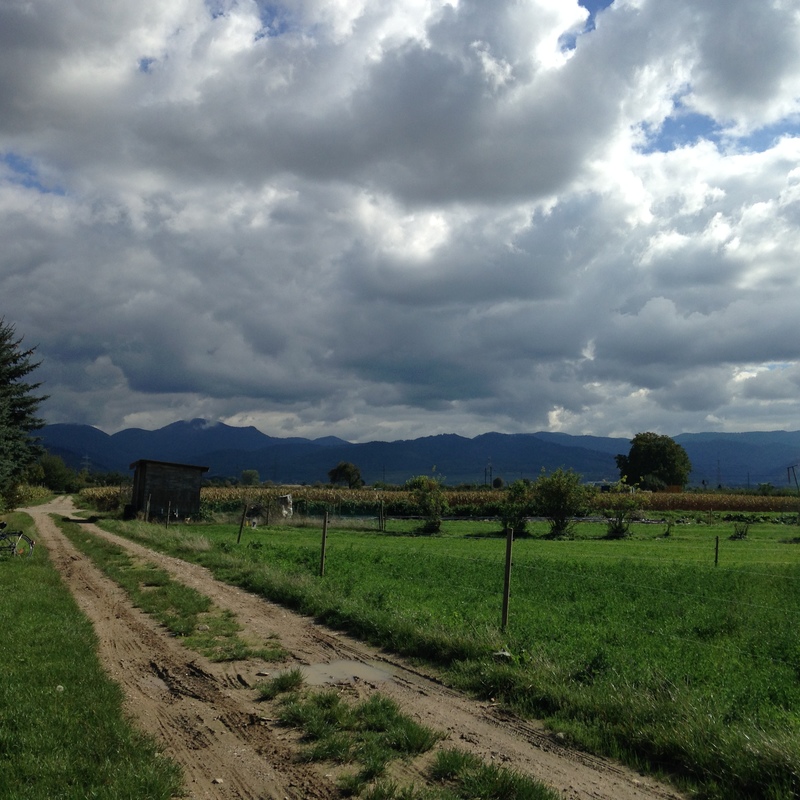

.jpg?1491164234)
